Presentation letter
We share with all of you the list of activities that the entire Pau Costa Foundation team and community have carried out during 2023.
The year 2023 was marked by the public presentation we did of the “Declaration on the Management of Large Wildfires in Spain” after months of work with experts from different sectors and locations of the wildfire community in Spain. Without a doubt, a consensus document to which individuals and entities are adhering, which has been presented publicly in different regions and which has become a reference document on the needs and solutions that as a society we must address to face the problems of large wildfires.
Also at the institutional level, we launched the Foundation’s 2023-2025 Strategic Plan. After a process of providing visions by partners and the needs and opportunities detected by the Foundation’s executive team, we finished drafting the Plan and began its implementation.
As far as European projects are concerned, in 2023 we started two new projects that we coordinate: FIRE-ADAPT, to quantify, monitor and evaluate the impact of Integrated Fire Management on carbon dynamics, biodiversity and cultural ecosystem services in different tropical and subtropical regions with altered fire regimes; and Wild Pre-Pyrenees, to develop a plan to restore biodiversity and absent and degraded ecological processes in the western Catalan Pre-Pyrenees. To this, we must add our participation in the MedEWSa Project, an innovative initiative to predict and warn about natural risks in Europe, the Mediterranean and Africa through the development of a multi-risk early warning system to improve the response to natural disasters aggravated by climate change. These three new projects were added to the eight active projects in 2023.
In the field of training, we have continued to consolidate our presence in Latin America. In 2023 we carried out the second phase of the EGIF Program in collaboration with CONAF (Chile). On this occasion we focused on improving predictive and analytical capabilities for decision making; advising on the design of operations based on available resources; improving coordination and organization of large wildfire emergencies; on the design of an Air Operations Coordination program and the human factor, that is, team management. In addition, we provided training and shared knowledge in Bolivia, Argentina, and Mexico (TREX).
Concerning the line of action of Resilient Landscapes and Societies, during 2023 “Ramats de Foc” (Fire FLocks) expanded to the rest of the provinces of Catalonia, highlighting the Prades Mountains (Tarragona) and the Baronia de Rialb (Lleida). In turn, after a participatory process to decide the strategic lines of the project, the project strategy and regulations for the use of the “Ramats de Foc” brand were prepared. We therefore continued working to value the task and ecosystem services that livestock farmers provide for managing wildfire risk, which continues to contribute to society.
Finally, we are left with our social awareness activities about wildfires, which contribute to the creation of more resilient societies where children are agents of change. Thus, throughout 2023, we offered the MeFiTu environmental education workshop and informative talks on the importance of extensive livestock farming as a tool for fire risk management in various schools and events.
As always, we thank the Foundation partners and the entire wildfire community. We owe it to all of them. Your support and accompaniment are essential to generate impact and continue to be a reference in connecting the different sectors of the wildfire community and collecting and sharing knowledge.
Let’s continue!
PCF Team
